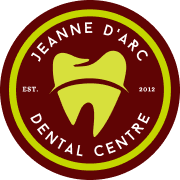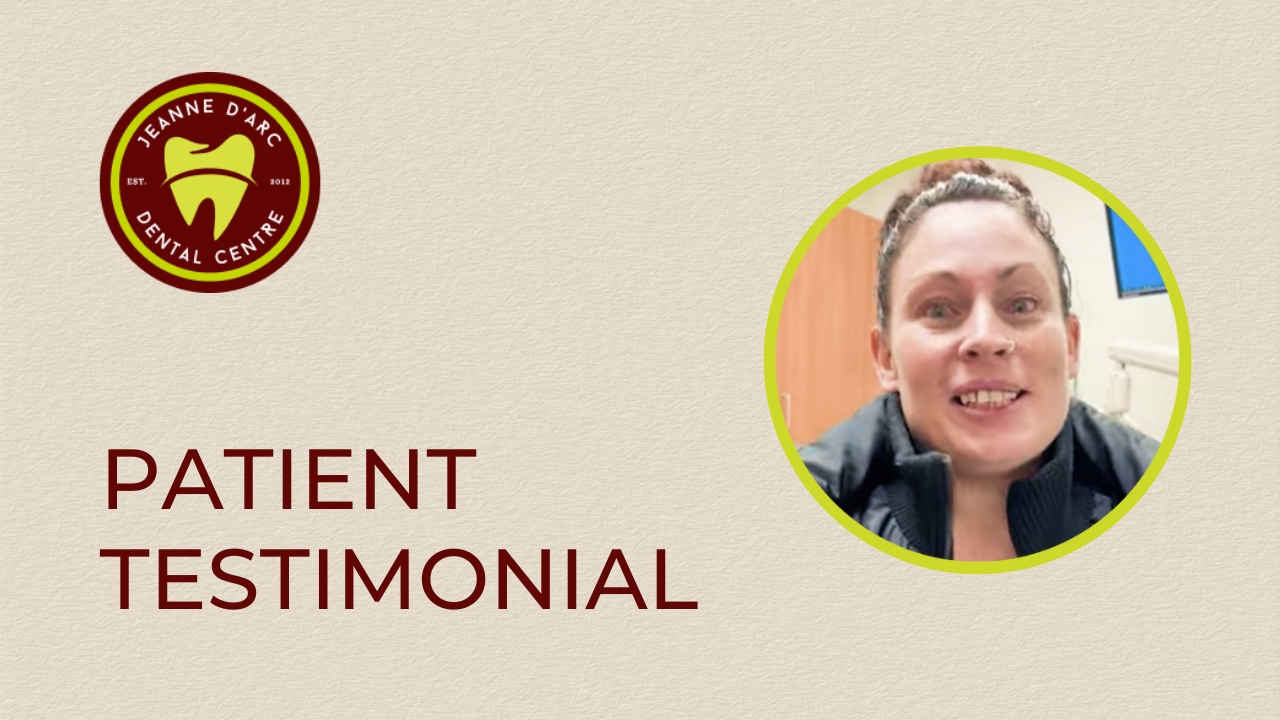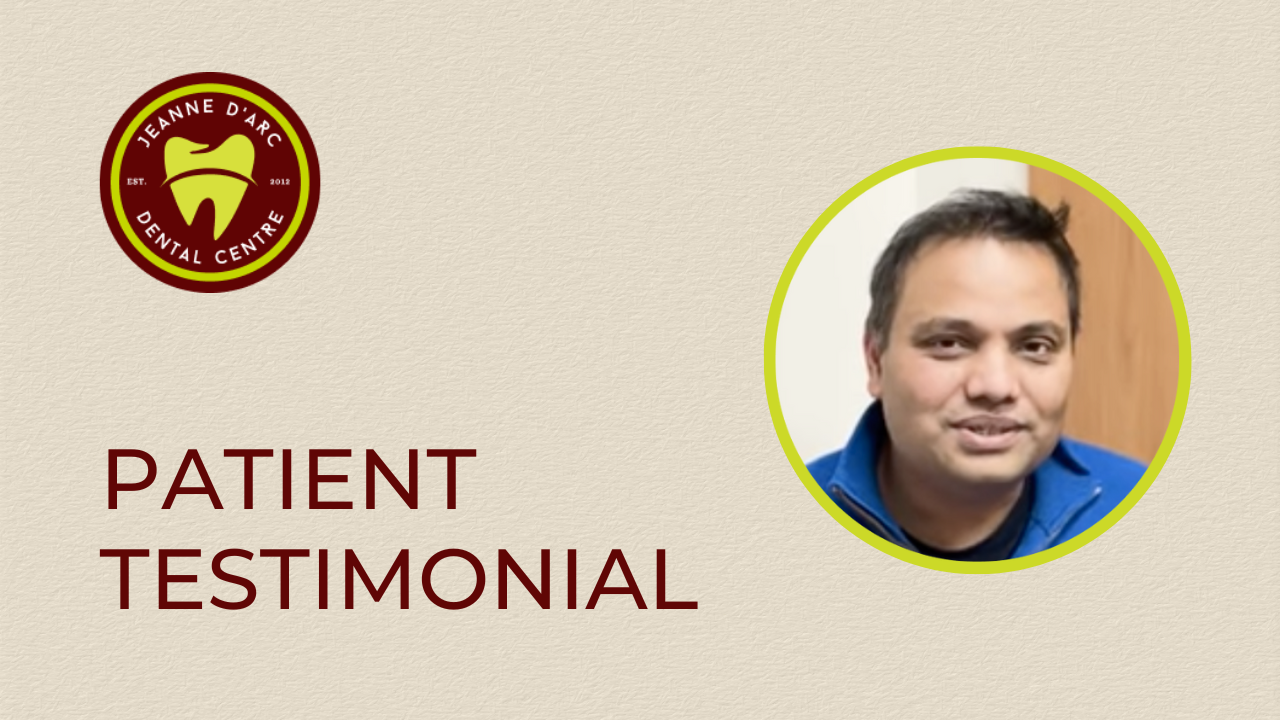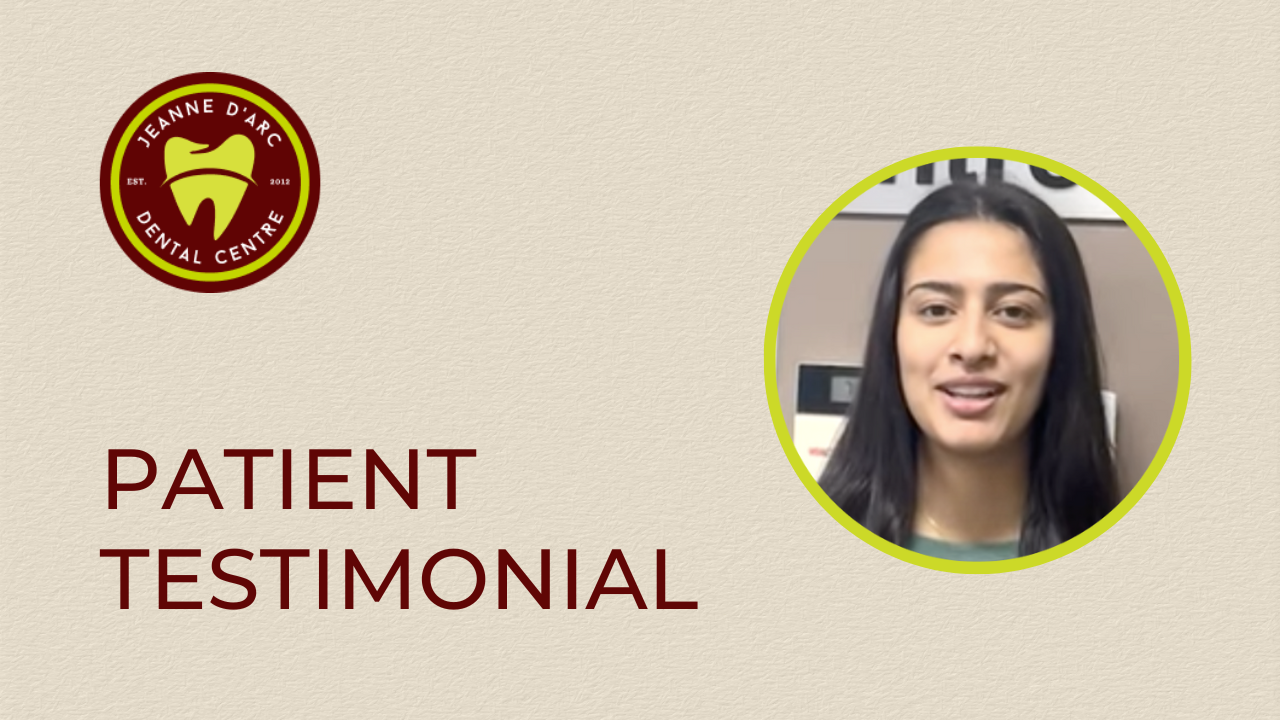
Symptoms to watch out for
Wisdom teeth are the 3rd and final set of permanent adult teeth to come in. They appear far back in the mouth on the top and bottom behind the second set of molars. Wisdom teeth usually erupt sometime between your late teens and mid-twenties but there are exceptions. Some people get theirs sooner or later and yet others don't have wisdom teeth at all. Sometimes wisdom teeth come in without causing any immediate problems but there are many reasons why these teeth should come out.
- They may be coming in crooked or become stuck against the neighbouring tooth.
- There might not be enough room and crowding can be painful and cause complications.
- In the wrong position, wisdom teeth can trap food or be impossible to clean, leading to decay.
- Impacted wisdom teeth become infected much more easily.
When should wisdom teeth be removed? :
The wisdom tooth removal process
Wisdom teeth may be easily extracted by your dentist or require a common surgical procedure performed by an oral surgeon. After an examination, the dentist will have more information for you about the type of extraction you'll need. You may have all 4 teeth removed at once or you may have them removed gradually at more than one appointment.
Examining your teeth
Before your extraction is even booked, we want to take a good look at your teeth and jaw. You will have X-rays taken and carefully examined to see how your wisdom teeth are coming in and what your root structure looks like. This information will tell us if your wisdom teeth need to come out, if they can be simply extracted, or if you require surgery. We don’t want any surprises!
The removal process
At your initial exam, our staff will give you more information about what to expect and how to prepare. Based on your preferences and the professional opinion of your doctor, local freezing, sedation or anesthesia will be administered. We use minimally invasive techniques to remove teeth as gently as possible. We want you to feel comfortable and have a speedy recovery.
Aftercare
We may ask you to bring a friend or family member to stay with you at the practice, drive you home after and spend some time with you while you recover. You will be given aftercare instructions including handy tips on what to do and what to avoid for the quickest and most comfortable recovery. If you have any additional concerns, we're here for you and would urge you to give us a call.
Cost of a wisdom tooth removal in Orleans
The cost to get your wisdom teeth out can vary by a lot. With a typical insurance plan, a simple, single tooth extraction commonly costs about $100 — $200+ out of pocket. Without insurance, you can expect to pay approximately $200 to $600+ for a simple extraction per tooth.
It’s difficult to provide an accurate quote for wisdom teeth removal online or over the phone because your treatment plan must be tailored to your specific needs and can only be determined after an oral exam. There are two broad categories that dental extractions fall under which may give you a better idea of what your wisdom tooth removal may cost and why:
Simple Tooth Extraction
A simple extraction is performed on a wisdom tooth that's fully erupted (visible in the mouth) without complication. These can be performed by a general dentist, using local anesthesia. If we can remove your wisdom tooth quickly and easily it will cost less.
Surgical Tooth Extraction
A surgical extraction is more complex and involves the removal of a wisdom tooth that hasn’t fully erupted, which has become impacted, which has complicated roots or which has a bad relationship with its neighbour, your 2nd molar. A surgical extraction, requiring a great amount of consideration, delicate care and expertise will come at a greater cost.
Remember, no dental practice can provide an accurate quote over the phone as the procedures are complex and depend on many factors. Every case is different so it's important to speak with a dentist who will evaluate your unique situation and provide you with different treatment options to consider.
Contact us today
to schedule an initial consultation & exam.
Your consultation will include an examination of everything from your teeth, gums and soft tissues to the shape and condition of your bite. Generally, we want to see how your whole mouth looks and functions. Before we plan your treatment we want to know everything about the health and aesthetic of your smile, and, most importantly, what you want to achieve so we can help you get there.
Frequently Asked Questions
- Avoid spitting, mouth rinsing, blowing your nose, using a straw, and smoking in the first 24 hours after tooth extraction.
- Don’t touch the extraction site with your finger or tongue.
- Avoid hot foods and hot drinks.
- Don’t take aspirin because it inhibits blood clotting.
- Avoid physical activities and exercise.









